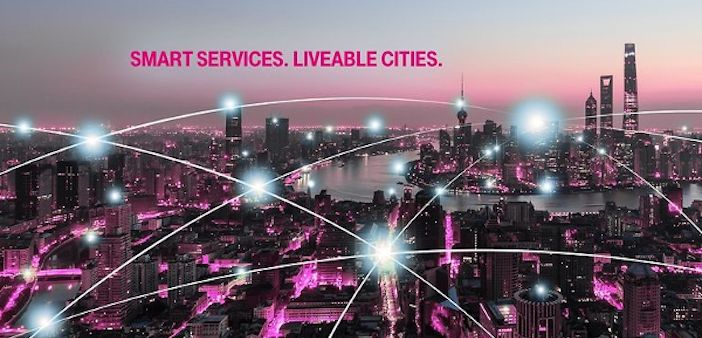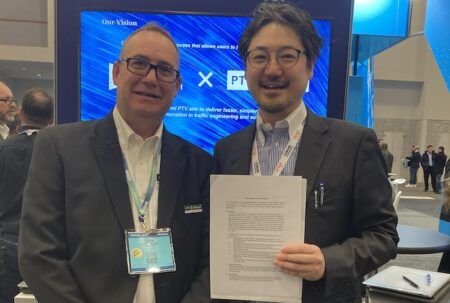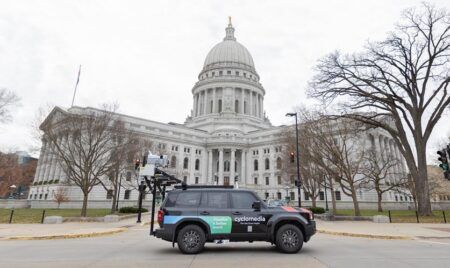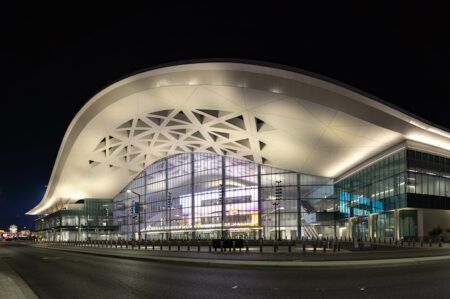Under the theme ‘Smart Services – Liveable Cities’, German telecommunications group, Deutsche Telekom (DT) has been showcasing its latest solutions for intelligent urban ecosystems at the Smart City Expo World Congress, which ends today in Barcelona, Spain.
A key highlight of DT’s participation in the event has been the joint presentation of successful live smart city implementations with five European partner cities: Trenčín (Slovakia), Athens (Greece), Kazimierz (Poland), Gijón (Spain), and Krk (Croatia).
In addition, visitors have been able to experience many more existing smart city services across Europe in a series of live demonstrations of its technologies. One such innovative example is the One Smart City App (OSCA), which Deutsche Telekom is developing in collaboration with the German Association of Towns and Municipalities (DStGB) and more than 20 test cities across Germany and Spain.
OSCA is a standardized, yet fully customizable solution that city administrations can use to offer their preferred smart services for citizens. The interactive app will allow users to seamlessly access smart city services wherever they are, not just the city they live in. Its aim is to become a simple cross-border solution for smart city services in Europe.
An important platform ingredient for its smart city ecosystem is DT’s Data Intelligence Hub (DIH), which is the first marketplace for the secure exchange, processing and analysis of data collected by smart city services. For example, data collected from traffic and environmental sensors, which provides information on the traffic situation in the city center or on air and water quality. Smart city planners will in future be able to combine data from a variety of freely available open data sources and use them in combination to make specific predictions.
DT has already engaged the city of Bonn as its first DIH partner. Bonn’s city authorities will offer its freely available data sets via the platform, with the DIH becoming its ‘citizen’s information portal’. The DIH will provide Bonn residents with information such as sightseeing opportunities, the location of wi-fi hotspots and taxi stands, as well as waste collection times.
DT has also established several programs to accelerate the development of the smart city ecosystem across Europe. The company has partnered with United Smart Cities, a global initiative established and coordinated by the United Nations Economic Commission for Europe (UNECE) in cooperation with the Organization for International Economic Relations (OiER) and other entities.
DT has also successfully consolidated its smart city expertise and activities in its European Smart Solutions Center (ESC), which is based in Budapest (Hungary) and supports Go2Market activities, and also offers a unique competence in consulting cities to use funds for urban development, allocated by the European Union.
“We help city administrations to more efficiently serve their citizens within and beyond city borders through the joint development and testing of innovative and scalable smart city services,” noted Markus Keller, senior vice president responsible for smart cities at Deutsche Telekom.
“These building blocks, together with our work on smart city data processing, create a powerful combination for the foundation of a true smart city ecosystem.”





